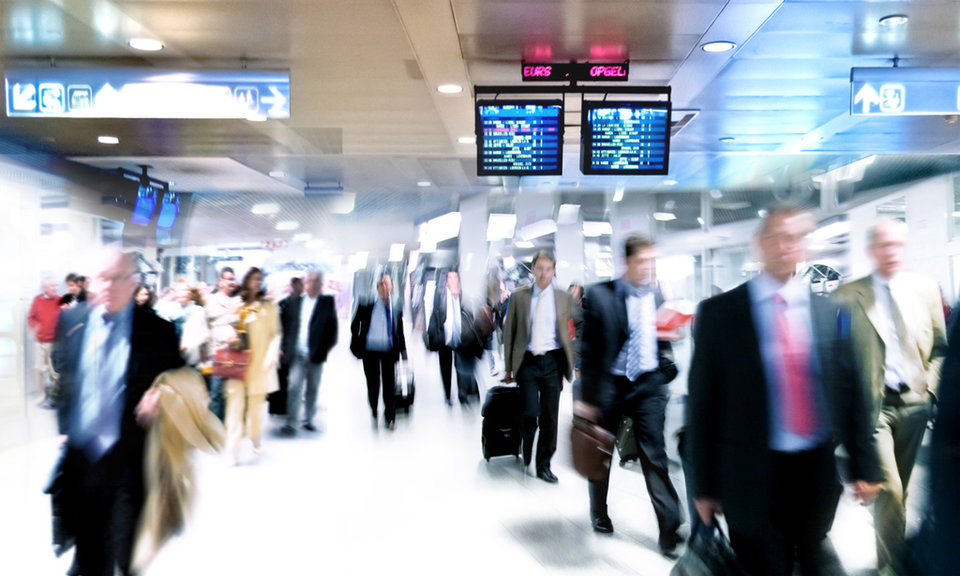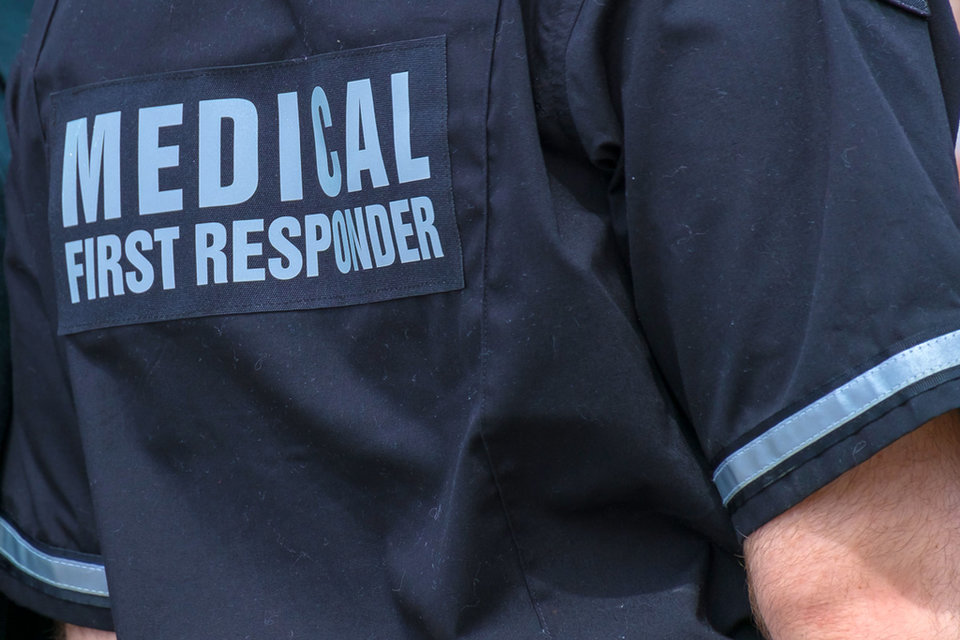Q&A | Passenger focus
Q&A: will immunity ‘passports’ give aviation a boost?
Pangea’s new Covid-19 immunity passport could help the aviation sector recover from the pandemic. Ilaria Grasso Macola spoke to Pangea EVP government division general manager Uzy Rozenthal to find out how the project came about and why it is needed.
With travel restriction measures implemented by countries around the world to contain the coronavirus, it is undisputed that the global aviation sector was one of the hardest hit during the pandemic.
To help revive the industry, Israeli digital ID card creator Pangea has developed a Covid-19 immunity passport, which will enable holders to access public spaces, including airports.
The passport – which will comprise a photo of the holder, a digital signature, a hologram and a chip – will allow airports to determine if the person is virus free or has immunity.
Pangea EVP government division general manager Uzy Rozentahl explains how the passport could help tourism and aviation to go back to normal without endangering citizens.
Ilaria Grasso Macola: When and how was the Covid-19 immunity passport developed by Pangea?
Uzy Rozenthal: When the coronavirus outbreak started, we thought, alongside some partners, that we could develop a smart card for people who had already had the coronavirus and were healthy and for those who had tested negative for the virus.
We believed it was something that could help open the skies, allowing airports to fully function. We started to develop it two months ago and we published the product two weeks ago.
On a practical level, how does the passport work?
It's a system that includes a web portal where, once someone wants to fly, they have to insert all their details, including flight and medical details. The system will tell them what kind of health protocol they have to follow, according to the guidance issued by the Ministry of Health.
If the tests come back negative, laboratory experts will issue a smart card with all the medical information on it. Once at the airport, passengers will need to scan their immunity passport on a reader, which will check their coronavirus status.
The idea behind the passport is that if the government, for example, changes the policy introducing a new test, the system will be updated, invalidating those cards that do not conform to the new standards.

When do you expect it to be ready?
Even though the system and the card itself are almost ready, the main challenge now is to find a country to be our first customer. We are in touch with not only Israel but also some authorities in the US and South Africa.
It’s important to understand that this technology is not for private use; it's something that needs to be approved by authorities at a government level if we want to implement it properly.
The system is more complex than just developing the passport. You need people to get tested [and] insert their information on the web portal, as well as for public places to have readers in place. That’s why we need to cooperate with governments or partners.
What challenges have you encountered since you started developing the immunity passport?
The main challenges are not on the development or the implementation side but in getting approval from the authorities, mainly the Ministry of Health.
The second main issue is that each setting, including airports and other transport modes, will need to have specific keys for the readers in order to access only the information required.
Pangea's search engine will review people at the airport on a case-by-case basis. On a practical level, how will the system determine if the person meets the requirements?
The system cross-references the protocols from the government with the information inserted in the card, including the person’s coronavirus status, allowing people to board a plane only if they adhere to the standards.
Flexibility and the fact that it can be updated according to the latest government guidelines are some of the Covid-19 passport’s advantages. Compared to just having a paper document, the immunity passport works better because paper documents are not something flexible that can be changed according to the latest developments.
What is the future of this technology?
The smart card will not only be implemented during the coronavirus pandemic. We are working towards turning it into a medical passport, a document where all medical history and information is stored.
If for example someone has an accident and cannot communicate, first responders or doctors can gather basic health information from the card, including blood type and ongoing treatments.
Not all information in the medical passport will be accessible to everyone: to protect people’s privacy, different health practitioners will have access to certain information.
Only the people that have a key for the specific portion of the information in the card will be able to read it. For example, doctors have access to a person’s whole medical history while airport personnel will be able to read only the information regarding coronavirus.

As you mentioned earlier, Pangea is in talks not only with the Israeli Government, but also with several others. How will the immunity passport work on a global scale?
In the near future, the technology will be customised for each government.
We have the system, but the protocol, which is decided and agreed upon by the government, needs to be adopted and implemented according to each country's regulations.
In your opinion, what are the pros and cons of having a full medical passport?
I think the main advantage of having this medical passport is that it will be the same in every country.
If a person becomes ill in a different country, authorities can access (based on their clearance level) their medical history and basic information, providing care even to non-citizens.
At the same time, the main disadvantage is that, if we want to deploy this technology on a global scale, we need to set up a framework that is common to different countries. In order to achieve that, we will need the approval of international organisations such as the World Health Organisation (WHO).
We started with the Covid-19 immunity passport because it's a big opportunity as governments tend to make decisions much faster because of the emergency situation they are operating in.
We believe governments become more flexible and open to making decisions now compared with normal times, when usually it takes months or even years. So, this is the reason why we wanted to start from the coronavirus immunity card, but now we think the same card could become a medical card.
Do you think that projects like Pangea's medical passport will become the norm in the future?
I think it will become the norm, but the problem now is that international organisations are very conservative and don't intend to adopt new technologies.
Despite organisations not wanting to invest because of privacy concerns, I think that they will understand that our system gives access to different information based on different clearance levels. Once they will understand this, it will be a no brainer and medical passports will become popular, because they are useful to everyone.
Pangea EVP government division general manager Uzy Rozenthal.
Image: Pangea